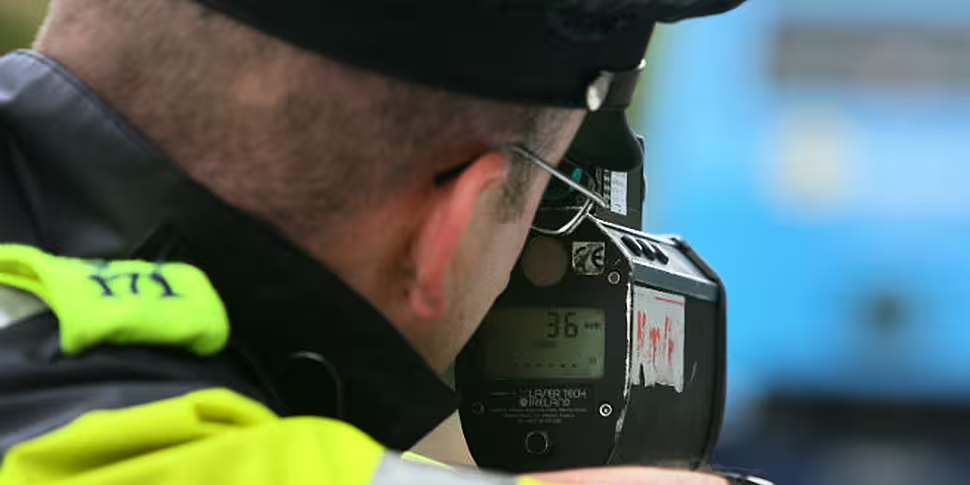Today marks European Day Without a Road Death - dubbed Project EDWARD - as authorities try to curb the number of fatalities across the region.
So far this year 134 people have lost their lives on Ireland's roads. On average, 70 people die every day on EU roads, and a further 370 are seriously injured .
The EDWARD initiative is being spearheaded by TISPOL - the network of European traffic police forces - who say their target is that "no one should die on the roads of Europe on Wednesday 21 September".
The organisation adds: "But of course every day should be an EDWARD day, and we believe that by working together we can make a significant contribution towards further sizeable and sustained reductions in road death and serious injury."
Transport Minister Shane Ross is urging motorists to think before getting behind the wheel.
"Sadly, even though last year was the second safest year on record on our roads, this year there is an increase in the number of fatalities and serious injuries reported to date," he said.
Deirdre Clune, Ireland South MEP and member of the EU Transport Committee, said road deaths have been "unacceptably high" in Ireland so far this year.
She highlighted that there have been 20 more deaths this year than at the same time in 2015.
“I am calling on the EU Commission to bring forward the revised Roads Package which was initially due in early 2016," she said.
"It is hoped that the package will contain the implementation of new technologies such as Speed Intelligence Systems and Emergency Braking Systems for all new cars manufactured in Europe. These measures are shown to save lives."
Dr Gerry Lane is a Consultant in Emergency Medicine at Letterkenny Hospital and road safety campaigner.
Speaking to Newstalk Breakfast, he said that the cases he deals with are heartbreaking.
"The grief, unhappiness and sadness [is] visible in the eyes of the families and the relatives," he explained. "To actually look at them and to know there is a high chance that this is a completely avoidable event..."
He suggested that in the last decade "we've had quite a lot of intervention in the form of engineering, education and enforcement. We are better than we were, but we're still 50% worse than the best countries. That leaves us with a lot of work today, [for] Project EDWARD."









